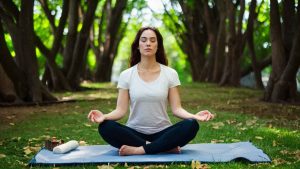
Ai Tools, Video Editing, Motion Graphics
Google VideoPoet: Turn Words into Worlds with the Power of AI
March 20, 2024
No Comments
How to Get Music into Adobe Premiere Pro: A Step-by-Step Guide
September 6, 2023
No Comments





